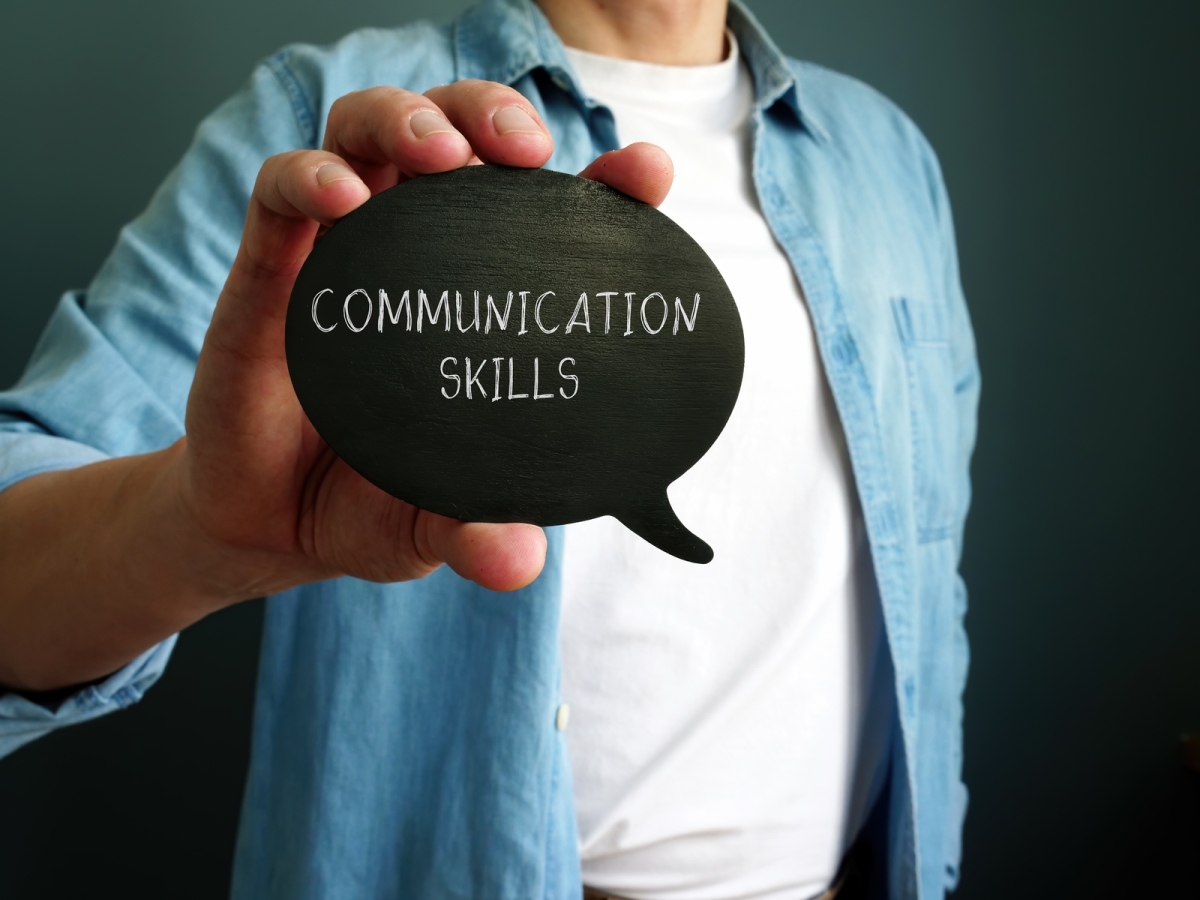In the realm of negotiations, patience is more than a virtue—it’s a key ingredient to success. The ability to maintain a calm and composed demeanor, regardless of the pressure or provocation, often proves beneficial in achieving favorable outcomes. Whether you are negotiating a business deal, a raise with your employer, or any other agreement, patience can significantly tip the scales in your favor. This article explores various methods on how to cultivate patience in negotiations, contributing to better results and more positive interpersonal interactions.
- Understand the Value of Patience: The first step in developing patience is recognizing its intrinsic value. Patience allows for a more profound understanding of the negotiation process, providing the time needed to gather all pertinent information, comprehend the other party’s position, and make informed decisions. By valuing patience, you acknowledge the potential complexities of negotiation and prepare yourself mentally to navigate them without haste.
- Prepare Thoroughly: Preparation is a key component in feeling confident during negotiations, which in turn, enhances patience. When you understand your case, the opposition’s potential arguments, and the nuances of what’s being negotiated, you’re less likely to feel rushed into making a decision. Conduct comprehensive research, practice potential scenarios, and establish clear objectives and fallback positions. This groundwork provides a buffer of confidence that bolsters patience.
- Develop Emotional Intelligence (EI): Emotional intelligence is crucial in managing your emotions and understanding others’. By developing EI, you gain control over impulsive reactions, enabling a calm, patient approach during negotiations. Techniques such as mindfulness, active listening, and empathy help in recognizing emotional triggers and responding rationally rather than hastily. This control is a foundational element of patience, especially in high-stakes or tense negotiations.
- Implement Strategic Pauses: The use of silence is a powerful negotiation tactic. Strategic pauses contribute to a more deliberate pace, often compelling the other party to share information to fill the void. This technique also allows you time to think before responding, which is crucial in maintaining the upper hand in negotiations. By practicing this, you train yourself to be more patient, measured, and thoughtful in your responses.
- Set Realistic Expectations: Patience can be quickly eroded by unrealistic expectations. Before entering negotiations, understand that compromises are often necessary, and outcomes may not always align perfectly with initial goals. Recognize the unpredictability of the process and be open to adapting your strategy. This mindset mitigates impatience born from unmet expectations.
- Engage in Active Listening: Patience and active listening go hand in hand. By genuinely paying attention to the other party’s words and body language, you’re not just waiting for your turn to speak; you’re gathering valuable information. This approach helps in understanding their motives and concerns, providing insights that can be used to steer the negotiation favorably. It also demonstrates respect, which can improve the relationship and lead to more fruitful discussions.
- Practice Stress Management Techniques: Stress is a significant barrier to patience. Engaging in stress management practices like deep breathing exercises, meditation, or even short walks outside the negotiation environment can help maintain a calm, clear mind, fostering patience. Regularly incorporating these habits into your routine, both in your professional and personal life, builds a natural resilience to stress, making patience more accessible.
- Adopt a Long-Term Perspective: Impatience often stems from an intense focus on immediate gains. By contrast, viewing negotiations through a long-term lens can promote patience. Understand that the best deals are those where relationships are preserved or built, and mutual benefits are realized over time. This perspective encourages patience in seeking sustainable, long-term solutions rather than quick, short-lived victories.
- Use Time to Your Advantage: Instead of feeling pressured by time, learn to use it as a strategic tool. If the negotiation isn’t proceeding as hoped, or if tensions are rising, don’t hesitate to suggest a recess. These breaks can be used for additional research, consulting with advisors, or simply taking the time to reassess your position and approach. Time used wisely is an ally of patience, providing space for reflection and strategy refinement.
- Reflect on Past Negotiations: Reflecting on your previous experiences can be a treasure trove of insights. Consider situations where being impatient cost you a deal or, conversely, when patience led to a better outcome. Learning from these experiences, whether they’re your own or those of accomplished negotiators, can reinforce the importance of patience and guide your approach in future negotiations.
- Cultivate a Growth Mindset: Embrace each negotiation as a learning opportunity, irrespective of the outcome. A growth mindset, championed by psychologist Carol Dweck, encourages continuous learning and improvement, fostering patience with oneself and the process. By valuing the experience, both the failures and successes, you develop a patient determination that keeps impulsive reactions at bay.
- Seek Mentorship and Role Models: Identify role models who exhibit exceptional patience in negotiation and, if possible, seek mentorship. Observing and learning from their methods, mindset, and tactics can provide a practical, real-world supplement to theoretical knowledge. This strategy allows you to understand the application of patience in different scenarios, reinforcing your learning process.
- Establish and Maintain Control Over the Process: Sometimes negotiations can feel like they’re spiraling. Establishing a structured process helps in maintaining control and patience. Set the agenda, keep discussions on track, and manage time effectively. If things begin to diverge, steer the conversation back to the central points, ensuring that discussions remain relevant and productive. This structured approach alleviates the anxiety and impatience that comes from disorganized negotiation, creating a more conducive environment for success.
- Build Relationships: Negotiations are not just transactional but relational. Building a rapport with your counterparts can create a level of comfort and trust, making patience more accessible. Engage in small talk, find common ground, and show genuine interest in the individuals involved. When you view negotiation as a relationship-building process, you’re more likely to invest time patiently, understanding that good relationships often yield better, lasting deals.
- Practice Mindfulness and Presence: Being fully present in the moment enhances your ability to react appropriately during negotiations. Practice mindfulness to improve concentration, regulate emotional responses, and maintain a calm demeanor. Techniques such as mindful breathing or meditation can help center your thoughts, fostering a level of patience necessary for attentive listening and measured responses.
- Visualize Successful Outcomes: Positive visualization is a strategy used by athletes, executives, and leaders worldwide to foster the right mindset before critical events. Imagine yourself negotiating with patience and control, leading to a successful outcome. This mental rehearsal prepares your mind and helps manifest the desired patience when the actual negotiation occurs.
- Exercise Empathetic Assertiveness: Balancing empathy with assertiveness allows for understanding while standing firm on your position. It means you recognize the other party’s needs and express your requirements without aggression. This balance requires a patient temperament, especially when the negotiation becomes complex or contentious.
- Learn to Tolerate Ambiguity: Uncertainty can trigger impatience, pushing for premature resolutions. Learning to tolerate ambiguity and unpredictability in negotiations is crucial. Embrace the fact that you might not have all the answers right away, and allow the negotiation process to unfold organically. This acceptance can reduce anxiety and encourage patience.
- Reframe Your Perception of Time: Impatience often stems from an overemphasis on immediacy. Reframe your perception of time from being a scarce commodity to viewing it as an investment in achieving the best outcome. Recognizing that not all beneficial deals are quick will help in nurturing patience throughout the process.
- Engage in Scenario Planning: Before negotiations, brainstorm various scenarios, including less-than-ideal ones. Consider the courses of action for each. This preparation not only enhances strategic readiness but also equips you to handle unexpected turns in the negotiation process with patience and poise.
- Adopt a Problem-Solving Mindset: Approach negotiations as collaborative problem-solving opportunities. This mindset shift from ‘winning’ to ‘solving’ naturally encourages patience, as problem-solving involves understanding issues deeply, brainstorming, and considering various solutions—processes that cannot be rushed.
- Seek Feedback and Conduct Post-Negotiation Analysis: After negotiations, solicit feedback from observers or participants about your approach, especially concerning patience. Conduct a self-analysis to identify moments where impatience surfaced and understand what triggered it. This reflective practice is invaluable for continuous improvement.
- Participate in Simulated Negotiations: Engaging in mock negotiations, especially within a learning group or workshop, can be a safe space to practice patience and receive real-time feedback. These simulations with peers or mentors allow you to enact the strategies you’ve learned and adjust accordingly without real-world consequences.
- Continual Learning and Adaptation: Embrace the journey of learning. Read books, take courses, and attend workshops on negotiation, emotional intelligence, and related skills. Continual learning contributes to self-improvement and personal growth, central to which is the development of patience.
By integrating these additional strategies with the initial ones, you can develop a robust approach to cultivating patience, a critical component in successful negotiations. Remember, patience in negotiation doesn’t signify weakness but represents strategic strength and emotional intelligence, often leading to outcomes benefiting all parties involved.

















